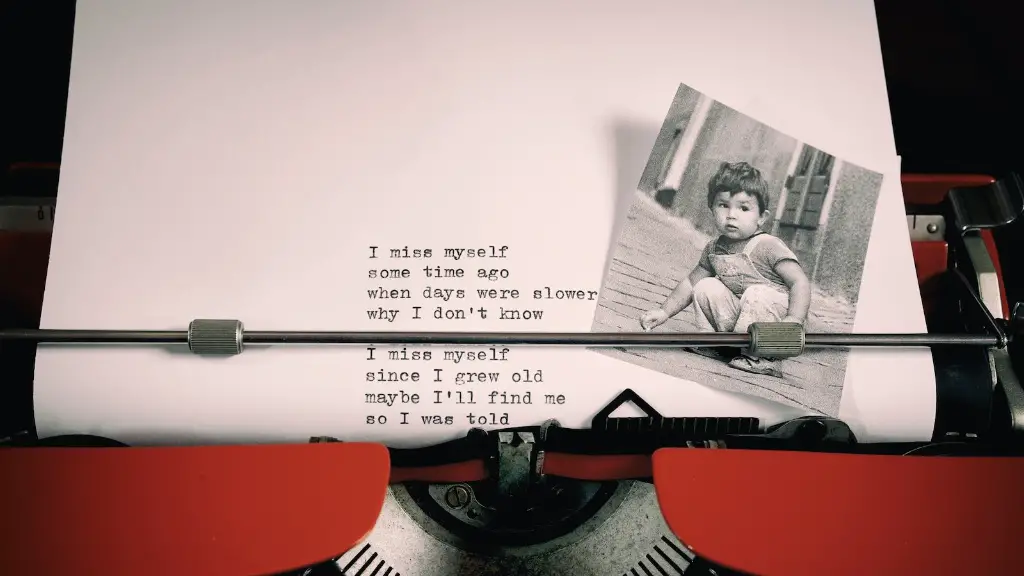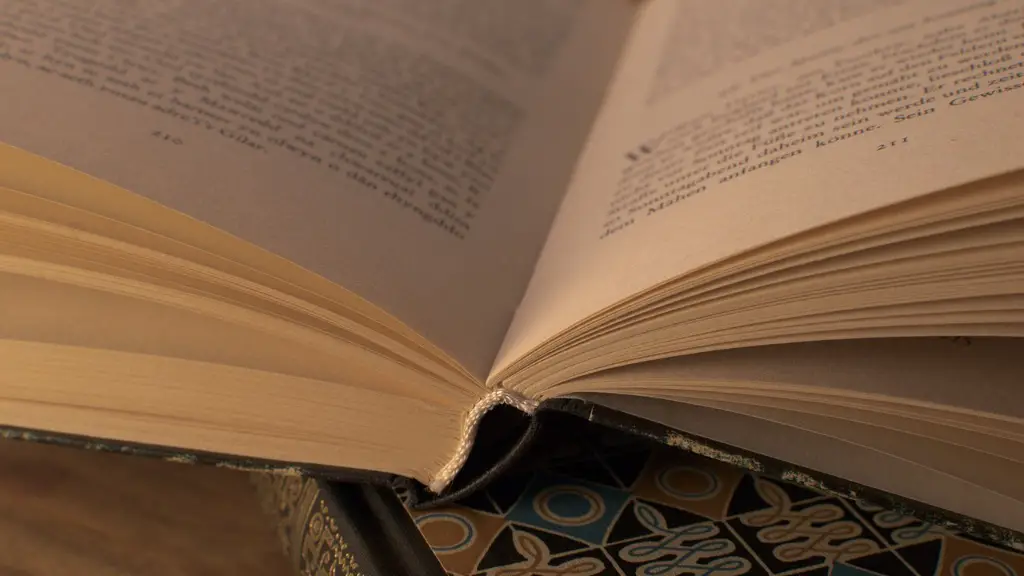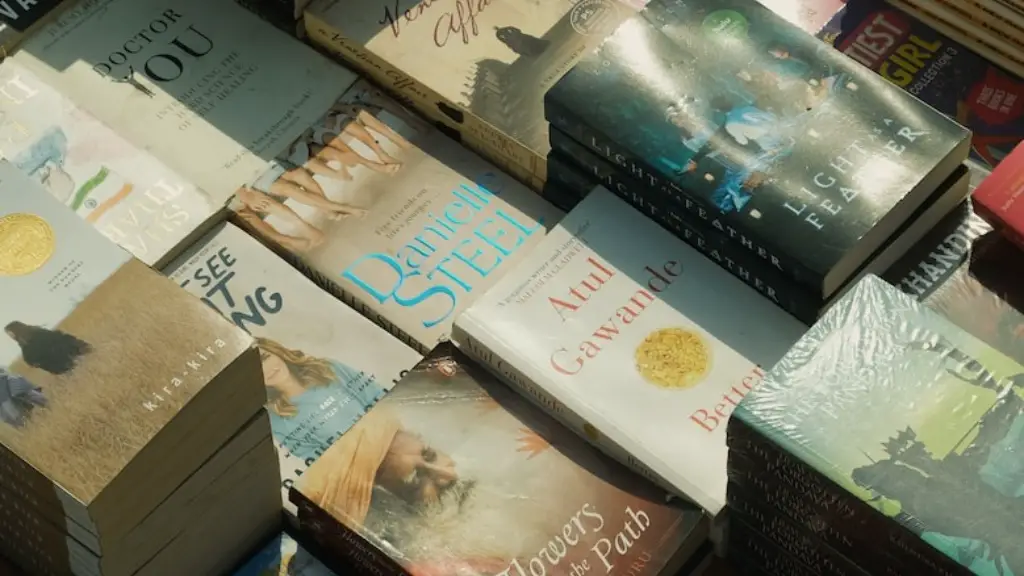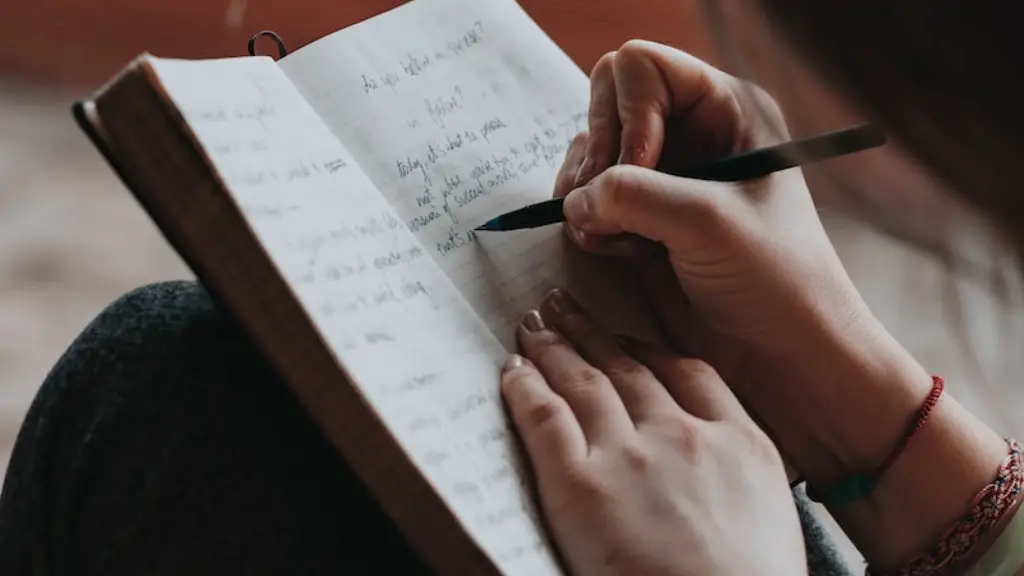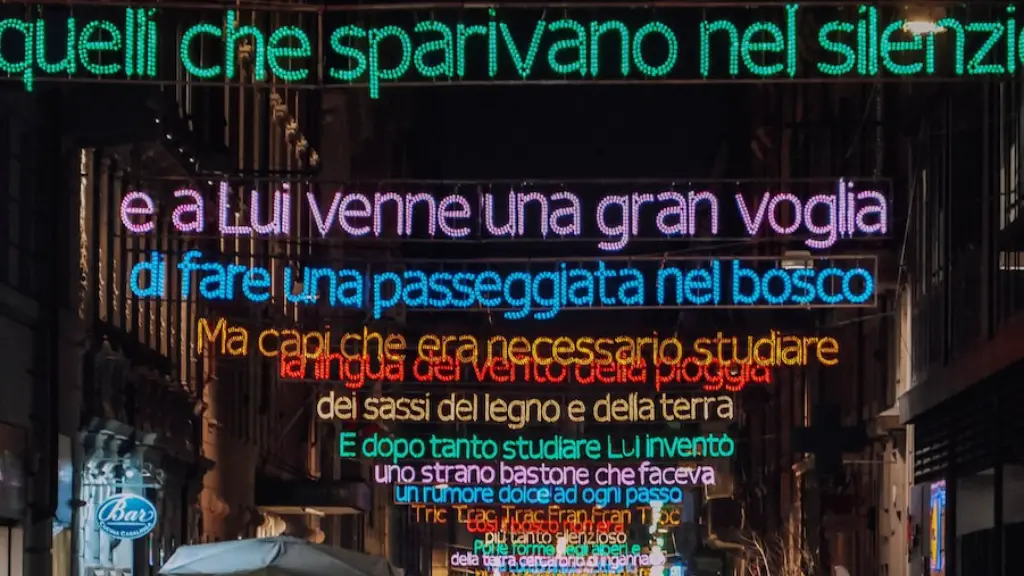The Fundamentals
The creative and artful composition of words using aesthetics, often in the form of rhythmic verses and complex themes, is what differentiates poetry from prose. Prose is characterized by its use of ordinary spoken language, structured sentences, and non-metrical verse. Poetry, on the other hand, is deliberate in word and phrase construction, regular rhythmic patterns, and complex imagery and symbolism. While both forms are utilized to naturally express the thoughts, feelings, and events of a person’s life, they do so in very different ways.
Despite the differences, there is a sense of intersection between the two, often referred to as a prose-verse: a style of writing which utilizes some poetic techniques, without sacrificing the inherent structure of prose, to effectively execute narrative and storytelling. This form is often used to provide insight into how a character may be feeling through the use of speech in a poem, but with greater detail than one could obtain through normal verse-writing.
Poetry and prose act as an outlet for writers to provide an insight into their thoughts and ideas. However, the manner of expressing these thoughts and ideas are what sets the two apart. While prose is able to portray the everyday lives of characters, their emotions, and events in extended, non-structured sentences, poetry manages to simplify the narrative and optimize its use of language, expressing it in a more concise and elegant way.
In terms of structure, poetry is defined as having words with a musical quality as well as meter or rhyme. Prose does not use meter or have any musical quality, and is instead structured in sentences that follow grammatical rules and a linear thought process. This can be seen in works like Homer’s Iliad and Odyssey, classics of Greek poetry, which adhere to specific meter conventions. Even other sophisticated forms of poetry, such as the sonnet, are often based on a certain number of stanzas or lines.
The use of imagery is what truly sets poetry apart. By utilizing a combination of metaphorical language and vivid descriptions, poets are able to express a story or idea more powerfully and succinctly than through prose. Prose reiterates a story in a linear and straightforward manner, whereas poetry will use language that sparks the imagination and expresses a narrative that is often powerful and emotive.
The difference between poetry and prose can also be seen in the way that it is received. As most poems are more brief and thought-provoking, they are often more accessible to the average reader. By contrast, prose requires more concentration of the reader and is often longer in length. This is the reason why a lot of literature is written in prose: the author is able to convey characters and a grand narrative in greater detail.
The debate of poetry versus prose will likely never cease. While both have their own strengths and weaknesses, at the end of the day, each form serves its purpose and allows for the conveyance of thoughts, emotions, and events in its own unique and artful manner.
The Format
The major contextual difference between poetry and prose is the way the writer chooses to format the words. Poetic works often have a definitive verse and rhythm. This does not have to be an exact metered pattern—but a certain flow, rhythm, and rhyme that is built into the words of the poem.
The structure of modern poetry follows this general formula. A single line of text is divided into two halves. The first half contains a single idea, sound, or flow of thought. The second half contains a similar idea, sound, or flow. This makes up a single line of poetry, the bread and butter of almost all modern poetic works. This structure is carried on in some form or another in most types of poetry.
By contrast, prose does not employ this type of format. Prose is generally broken up into sentences and paragraphs. There is usually an identifiable subject and verb, which helps to illustrate the point the writer is trying to make. While some writers may choose to use emphatic language to draw the reader’s attention, the structure of the prose is the important factor for comprehension.
The noticeable difference between these two writing styles can be seen when comparing the works of authors such as William Shakespeare and Margaret Atwood. Shakespeare’s works are considered to be masterpieces of poetry, due to his particular use of iambic pentameter, while Atwood’s works are more focused on storytelling, showing off the clarity and beauty of her prose.
The two even overlap in some cases, such as the works of Virginia Woolf. Woolf utilized both poeticism and prose in her writing, providing both emotional depth and narrative, she crafted a hybrid of the two writing styles. This overlap is how many of these authors, in particular Woolf, are able to make an emotional connection with their readers.
When discussing the differences between poetry and prose, it is worth noting the way in which formatting can be used to create different graphical effects. For example, some prose writers might choose to break up their text into short, staccato phrases, creating a choppier flow of text. The same is true for poetic works, which can be formatted to have a more lyrical, timeless quality.
The choice in formatting between prose and poetry does not matter in terms of the content or message of the work, but it does contribute to the overall presentation and flow of the work.
The Message
In a broader sense, the difference between poetry and prose is in the message they try to convey. Although they employ different approaches, both forms seek to express emotions, ideas, and stories in their own unique way.
In terms of emotion, poetry is more powerful than prose. Through its use of concision and intricate phrasing, it can evoke powerful feelings of sadness, joy, and everything in between. By focusing on the aesthetic beauty of a poem, the author is able to craft a more emotional and powerful message.
Prose often takes a more factual and artistic approach to storytelling. It is a method of narration that does not have to focus on the beauty of the language, and instead relies on the information and facts to keep the reader engaged and interested. This is why many novels are written in prose rather than in verse: to provide the reader with details and information in a cohesive and understandable way.
In terms of structure, poetry will usually follow a more defined pattern than prose. A specific rhyme or poetic form is often incorporated into the poem, leading to an overall flow and structure that is crafted specifically for the poem. By contrast, prose is flexible and allows for more variation, making it easier to tell a story in an engaging and entertaining way.
Ultimately, both poetry and prose are essential tools in any writer’s repertoire. They both can be used to captivate, entertain, and engage the reader. By understanding the differences between the two writing styles, writers can effectively utilize both forms of artistic expression in their works, allowing them to reach a broader audience.
The Readers
The choice of poetry or prose is often reflective of the writer’s intended audience. Poetry is generally more suited for readers who are looking for a more poetic approach to their reading material. The literary devices and vivid imagery allows readers to enter into more of an imaginative world, rather than a straightforward one.
While this type of writing is more suited to those who are looking for more of an artistic and creative experience, prose can offer a different kind of satisfaction. Prose readers tend to primarily be engaged with stories, often looking to explore the characters, plot, and emotions of the characters as if it were a movie. This type of writing offers a more immersive experience for those looking for a narrative based journey through literature.
The choice of prose or poetry often relies on the particular genre of writing. For example, short stories, fantasy and sci-fi are usually based in prose, as it allows for more extensive world-building and plot development. Poetry is generally more attractive for those looking for a more personalized, insightful journey into the writer’s thoughts or ideas.
Novels and works of long fiction are usually written in prose, as it can allow for better exploration of characters and greater detail in the plot. Meanwhile, poetry is sometimes used to give an even more personal account of characters and their experiences. In some cases, they can even be used to tell stories that prose may not be able to do.
The decision between prose and poetry is a personal one, and is ultimately dependent on the individual’s needs and what kind of experience they’re looking for. While both forms of writing provide valuable insight into the writer’s thoughts and experiences, the choice is ultimately up to the reader.
The Writers
Writers create depending on their intent. To that end, the writing styles chosen by writers are often reflective of their specific goals for the reader. Prose is often used in the form of novels, novellas, or short stories. It is a preferred form for storytelling, as it allows for more detail and complex plotlines.
Poetry, on the other hand, offers writers the perfect platform to express their thoughts and feelings in a concise and powerful manner. Utilizing few words, poets are able to capture powerful emotions and evoke a powerful response from the reader. This is why many poets are more focused on creating poetry than on storytelling in their works.
The choice to write in poetry or prose often depends on the writers’ particular feelings and experiences. Some writers may be able to express themselves better using the imagistic elements of poetry, while others prefer the more straightforward narrative style of prose. It is ultimately up to the individual writer to determine which writing style is more suited to their needs and goals.
In addition, some writers choose to employ a combination of both styles in their works. For example, to effectively tell a story and provide an emotional impact to their readers, some authors have used a hybrid of both poetic and prose elements in their works.
Ultimately, the writer’s choice of style depends on their intention. Whether it is to provide an emotional impact, tell a story, or offer an introspective analysis of their own thoughts and feelings, the choice between poetry and prose is subjective and best left to individual discretion.
The Impact
What differentiates poetry from prose, beyond structure, is the impact they have on the reader. Poetry is often more evocative and emotive than prose, as it is more based around expressing the feelings and experiences of the poet.
The power of poetry lies in its ability to evoke powerful emotions without explicitly stating what that emotion is. This is why poetry can be so powerful and moving—because it allows the reader to interpret the poem in their own way, without the author having to explicitly state what they want the reader to feel.
By contrast, prose is more often geared towards providing a narrative. It is effective in conveying characters, plotlines and stories, allowing the reader to feel as though they are a part of that world. It is the directness of prose that often makes it popular for storytelling.
The true beauty of literature is the way in which different forms of writing can be used to create powerful emotional experiences. By understanding the differences between how poetry and prose impact different readers, writers can better utilize each style to its fullest extent.
Poetry and prose each have unique abilities and uses when it comes to emotional writing, and it is up to the author to decide which medium is better suited for their own particular message. Both can be used to create powerful and moving works, artfully expressing stories, emotions, and ideas.

